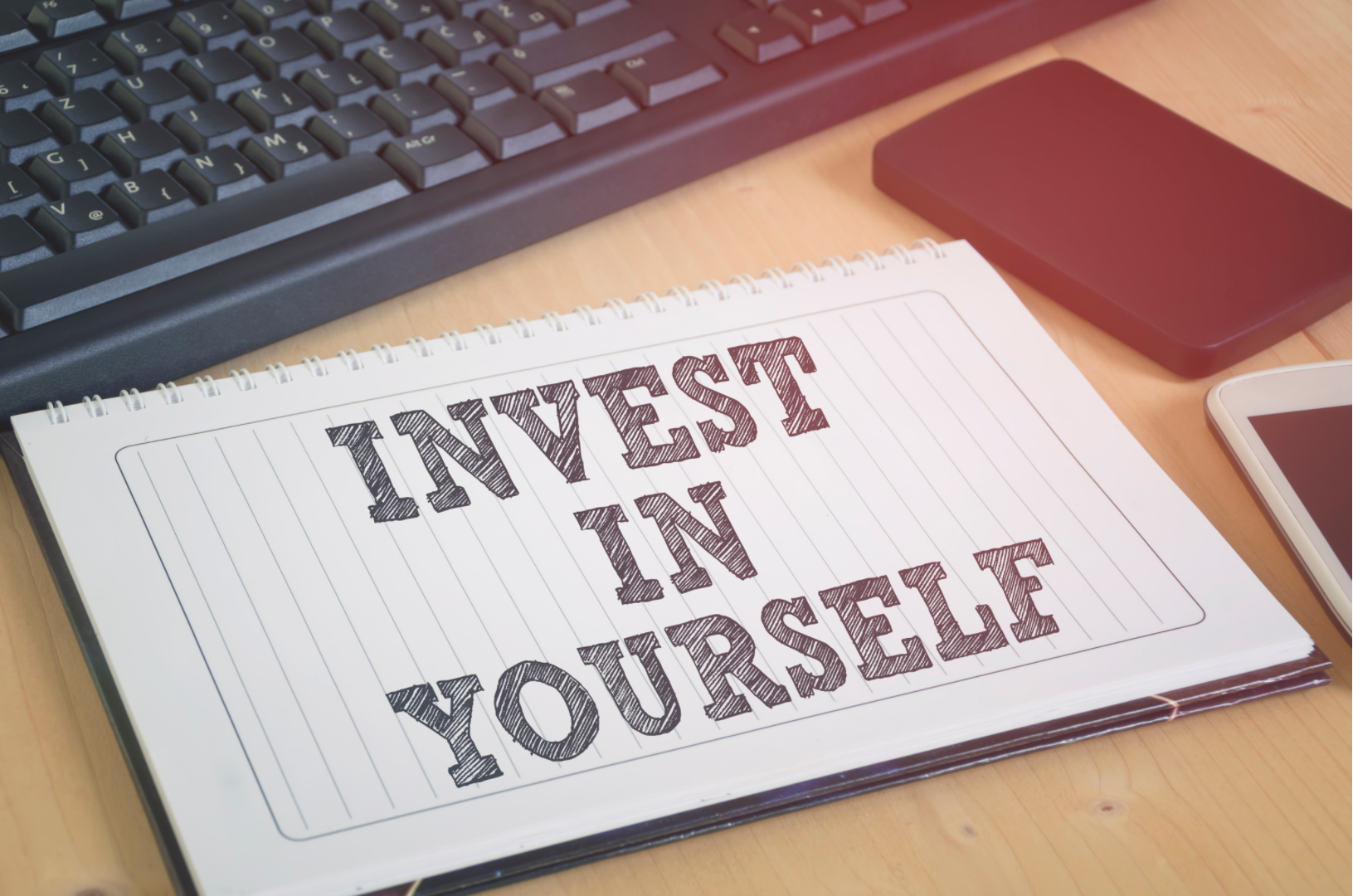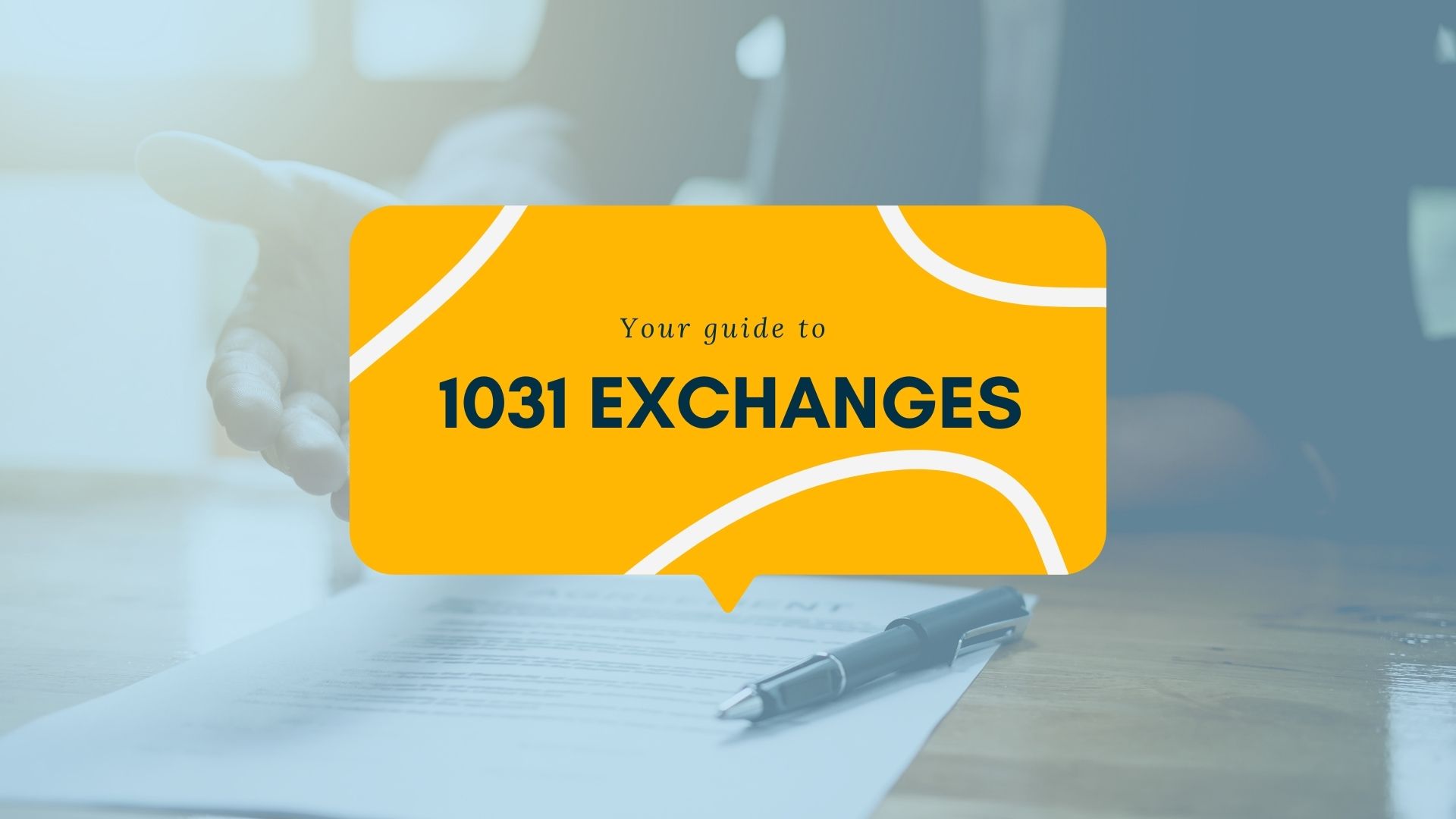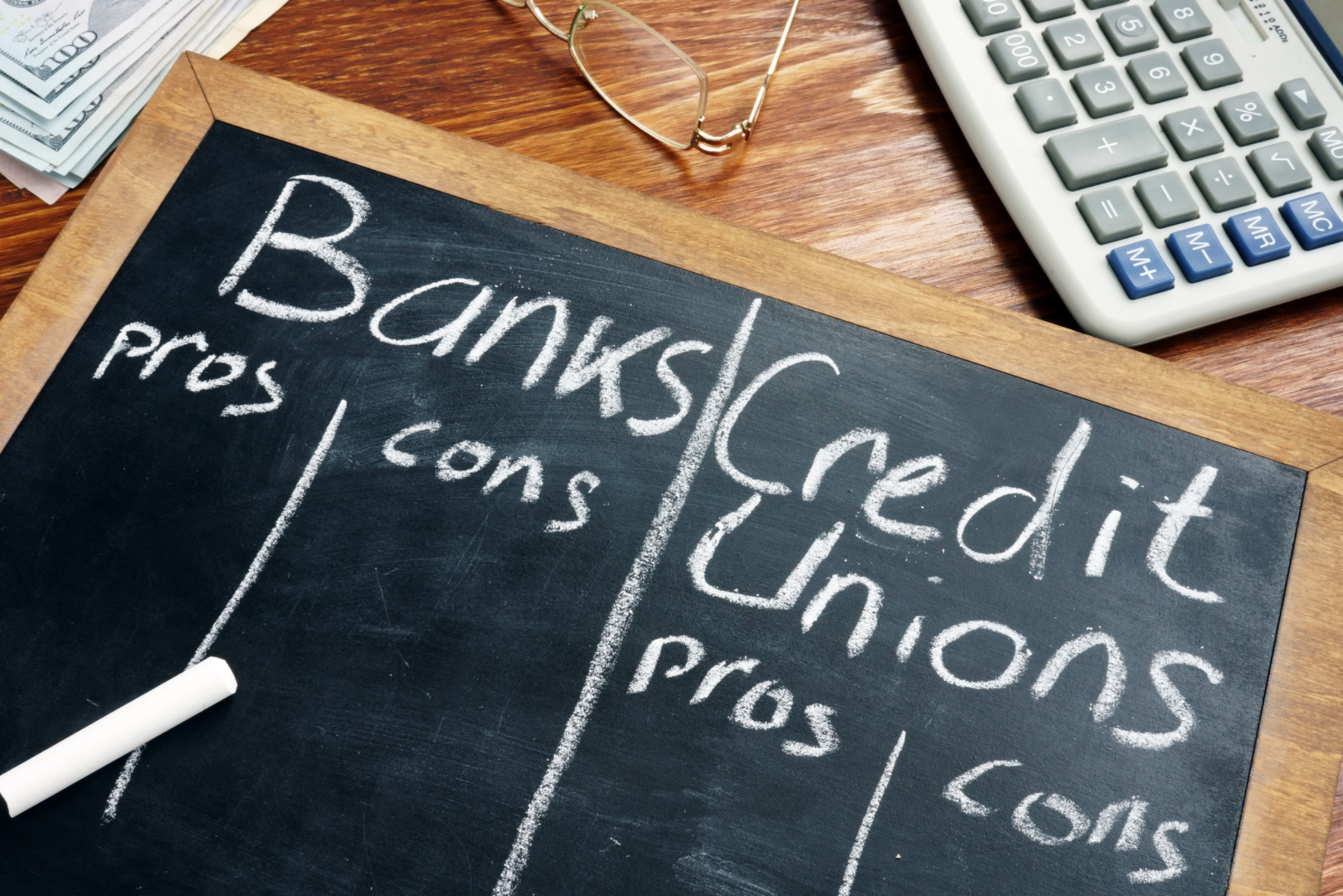Think back over your life and financial milestones. This could be the first time you opened an account, made a large purchase, invested your money, or got a mortgage. In how many instances was a bank involved? Probably for most of them.

But what if you could actually become your own bank? Instead of being tied to banks who have the primary motivation to make money off of you, you could actually fund and finance the life you want?
Mark Willis was our guest on episode 33 of The Executive REI Show, and he talked all about how to be your own bank. This is both a mindset and a set of functional principles to structure your finances. Mark is a CFP (Certified Financial Planner) who works with people to control their finances and make decisions that allow them to be their own banker, ultimately providing a wealth-building advantage that is not possible through traditional, bank-dominated financial planning.
We talked about banking, taxes, investments—all the good stuff. Let’s dive in a bit deeper into these unique strategies for wealth building.
Reclaim the banking function in your life
As mentioned, banking has likely been a big part of your financial milestones and, therefore, your life. Banks, or whoever controls the banking function in your life, is the authority over your finances because they dictate what kind of money you can borrow and the terms for repayment.
The average American spends 37% of their income towards servicing their debts. If you look at that with the mindset of time is money, then 37% of your day is spent to pay money to someone else—you are working on behalf of the bank. Some people’s response to this is to start paying cash for everything—no more debts. And while this avoids you from paying the banks, you are also robbing yourself of future wealth.
Consider these two options when wanting to make a large purchase:
- Go to the bank and get a loan. You are then enslaved to the bank’s terms, conditions, and timelines and you lose money due to interest.
- Pay in cash. You still lose money because you have broken opportunity costs and forfeited the future compound interest you could have received if that chunk of money could accrue in savings or investments.
Neither option is that desirable, is it? The alternate path is to reclaim the banking function in your life.
Be your own bank
When we talk about “being your own bank,” it’s more than just a catchy phrase. It’ both a mindset and a set of practical, functional steps for your finances. To be your own bank, you need to understand two things:
- Mindset: You need to first believe that you are capable of controlling your finances and do not need to follow the traditional, bank-dominated system.
- Practice: You need to understand and seek out financial tools that allow you to be your own bank.
The tactical system that allows you to be your own bank is dividend-paying whole life insurance. This is a financial tool that has existed for years, but is not commonly talked about. In essence, a dividend-paying whole life insurance is like a bank—your own personal bank—that you can borrow against while still earning dividends and interest on the principal amount.
For example, if you have a $250,000 whole life insurance policy, you can use that money for a down-payment on a real estate transaction. You set the rules of when to repay it, with no oversight from the bank. The added bonus—the magic of it all, really—is that it will continue to grow and earn interest on the initial $250,000, as if you had never even taken the loan at all.
It’s the best of both worlds: flexible loans whenever you need them, and the ability to take advantage of compound interest on the original sum of money.
Dividend-paying whole life insurance policies are complex in the way they were designed. This means it’s important to seek out a “bank on yourself” CFP or other professional to help you get it set up in the correct way to reap all the benefits.
Tax reduction strategies
As we’re all about wealth creation, we have to talk about one thing that often just gets in the way: taxes. We all know that taxes are a reality of life and anyone serious about wealth generation and investments needs to really understand them.
Most people think about taxes and want to find ways to lower their overall tax burden. That usually looks like minimizing taxes owed today. However, this doesn’t take into account the future tax burden when you are older and in a higher tax bracket. So, the real question is when do you want to pay your taxes?
It’s important to look at strategies that eliminate or significantly reduce your tax burden over your lifetime. Here are a few strategies to with your accountant:
- Write off all business expenses. Even if you don’t own a business, but work as a professional doctor, lawyer, etc., you can start a legal company in which to run through all expenses. You can then eliminate taxes on your home office or a vehicle purchase that becomes the company car.
- Employ your children. Once your business is set up, you can employ your children in some way and get a tax deduction for it. You can then also set your children up for future success by opening a whole life insurance policy for that earned income they made.
- Work with an accountant. There are so many ways to reduce and eliminate your taxes, so make sure to work with a professional who is aggressively working for you to do this.
Conclusion
Wealth generation is an exciting topic because there are so many different things to discuss. We believe in the power of real estate investing to create generational wealth and want to keep educating people on this through The Executive REI Show.
But often we get stuck in the “normal” way of doing things and don’t always look outside of the box. Becoming your own banker is out of the box, but can fundamentally change your finances and life.
If you want to learn more about Mark Willis’ work, check out his podcast, Not Your Average Financial Podcast or visit him online at www.notyouraveragefinancialpodcast.com. As always, you can find us over at www.executivereishow.com and keep up with the latest episodes.



